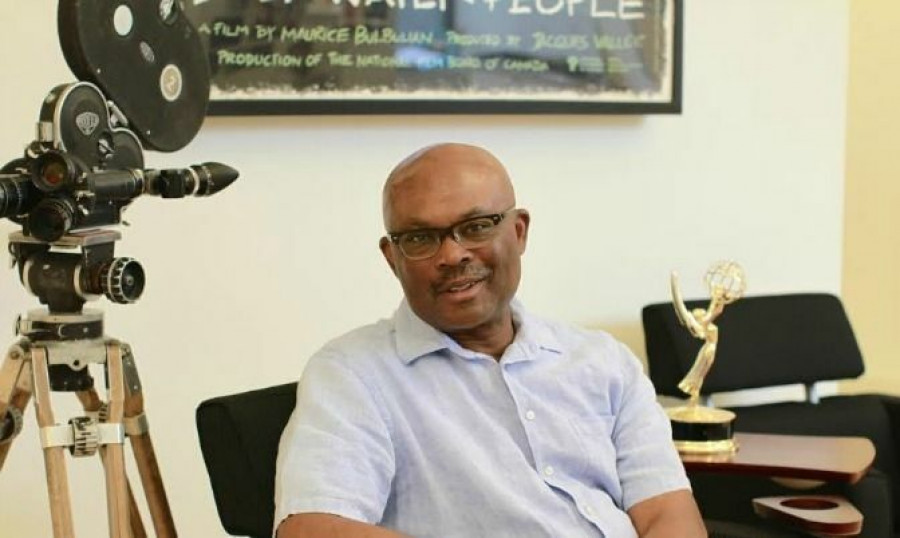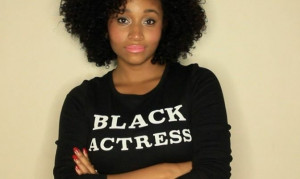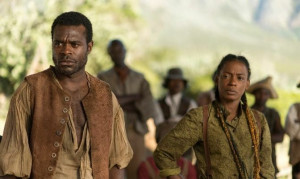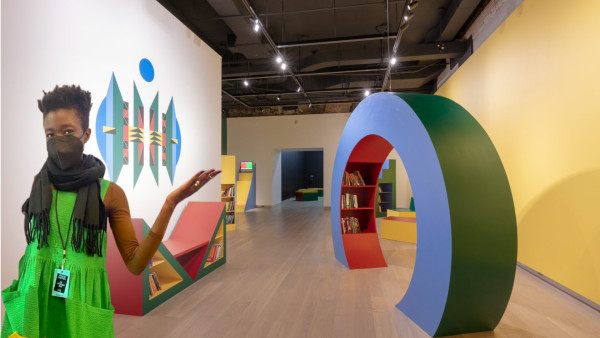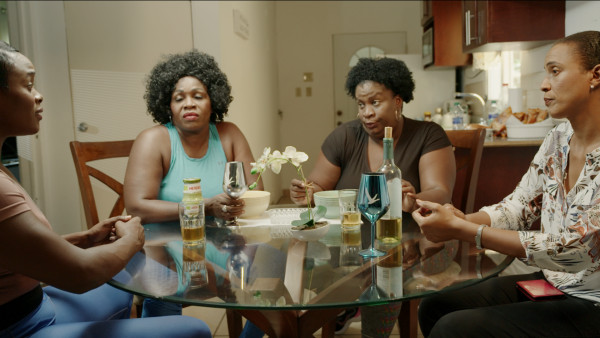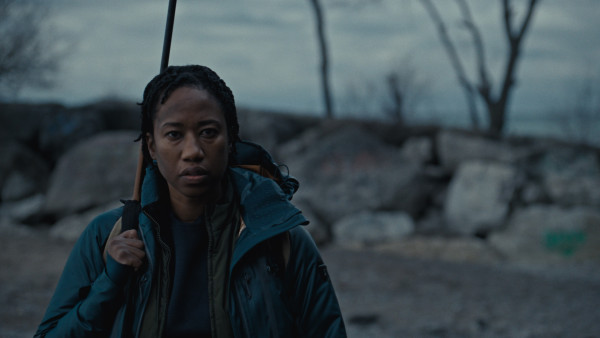But he quickly noticed there was hardly anyone on screen that looked like him.
Selwyn’s determination to include darker faces in front the lens wasn’t his only priority. He wanted to educate the general public about black people and why they deserve the spotlight.
“As a kid growing up the black characters that I saw on television were never something I could relate to,” says Selwyn. They weren’t role models. I had a dream as a kid to become an actor and tell stories for people that looked like they were from the Caribbean.”
Prior to his first films of the Canadian railroad, and Canada’s first black settlers, Selwyn spent a lot of his time in school creating blueprints for future films; some of which he has yet to make.
His early years studying for his Masters at the University of Southern California and his time spent as a teacher and principal led to a combined career as an educator and filmmaker. Around this time he made films such as his famous ‘Remember Amber Valley’ (1984) and ‘Carol’s Mirror’(1991).
“Teaching for me was to make ends meet,” says Selwyn. “But I am happy that I didn’t continue my career in teaching, because a lot of what I do in film is a form of education, I still function as a teacher to many people. Even when it comes to subject matter, I tend to gear towards films that can still educate and tell a message outside of the classroom, and ultimately brings people out to watch.”
Like many producers, he found himself researching and looking for important topics to touch on. Being lucky enough to have July and August off as a teacher, Selwyn spent a lot of time around film production and learning more about Canadian history.
Selwyn says it can be difficult to bring Canadian History to the public. “Depending on where you are you might know the little bit of history affiliated with a particular area. But it’s not guaranteed. The problem is who is telling the story,” he explains. “Unless somebody from that culture is telling the stories, they will get overlooked. Most importantly we tend to say ‘Black Stories’, but they are Canadian stories.”
1997 was a big year for Sewlyn. He started to see the reward in his passion. He became a member of the National Film Board as a cultural diversity producer and received the John Ware Lifetime Award from the Black Acheievement Awards Society of Alberta. The year after he was also given the Gemini award for his film ‘The Road Taken.’
“On the stage at that time, there were two other people that received the John Ware award, Fil Fraser, first Black Canadian Broadcaster, and my role model; Lionel Jones, Canada’s first black judge in Alberta. It was quite an accomplishment and honour and I’m very proud of myself.”
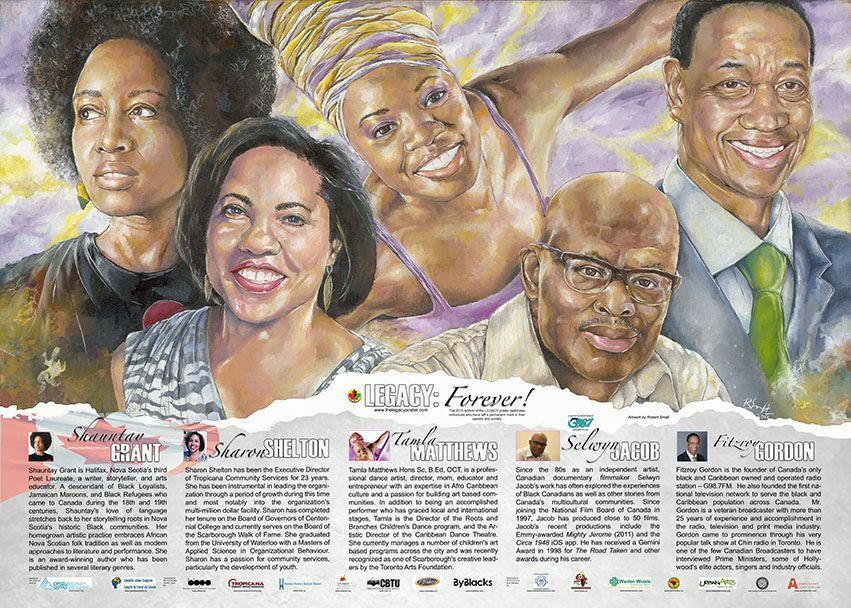
Now being recognized on the Black History Month 2015 Legacy Poster, he say’s he is very humbled and grateful for the opportunity.
Currently, one of the films that is hot and heavy around Selwyn’s name is the ‘Mighty Jerome’.
Since he was a little boy, Selwyn had his eye on Harry Jerome as a motivational athlete and public figure. Selwyn says, “Growing up in the Caribbean, track and field was very big, and I remember when this black track and field athlete was coming to run in Trinidad I was excited. We didn’t know Canada had black people.”
Selwyn laughs and continues, “In Alberta, in one of my gym classes they spoke about Harry Jerome, and at that time I had already had a list of people I wanted to make films about. I said to myself, one of these days I will tell his story, because the way he was shown to the class, was as if he was a loser.”
After Fil Fraser wrote his book called ‘Running Uphill: The Fast, Short Life of Harry Jerome’, Selwyn was determined to put the story on the big screen. He got in contact with the Jerome family and was on the hunt for a director. Sure enough he found Charles Officer, and the rest is history.
The 2010 documentary showcased the famous track star in the positive and motivational light Selywn felt he deserved. The documentary even went on to win Best British Columbia Film at the Vancouver Film Critics Circle in 2010, and Selwyn received an award for Best Feature Length Documentary Program at the Leo Awards in 2011.
Now, Selwyn is back to his blueprint and is putting together a story he always wanted to tell, called ‘The Ninth Floor’. The film is set in 1969 during the Sir George Williams University (now known as Concordia University) riot where about 100 people were arrested. The protest erupted after six black students alleged racism against a white professor.Cards from the university computer lab were sent fluttering to the street in a blizzard of paper as it was trashed. Police were called in on Feb. 11, 1969, and the incident exploded into a riot where a fire broke out and people were nabbed as they fled.
Selwyn didn’t want to offer too much about the up and coming film, but he did say that it’s going to be an intense topic.
“It’s about race and racism in Canada. I’m hitting home right now with this one. It will be very impactful. We will be talking to a lot of people that were involved and getting the raw story out. It will definitely be an eye opener.”
We should expect a trailer around May and a release in fall.
Look out for Selwyn Jacob's production on the National Film Board Website and see the ‘Mighty Jerome’ showcased at the HotDocs Film Festival this year.
